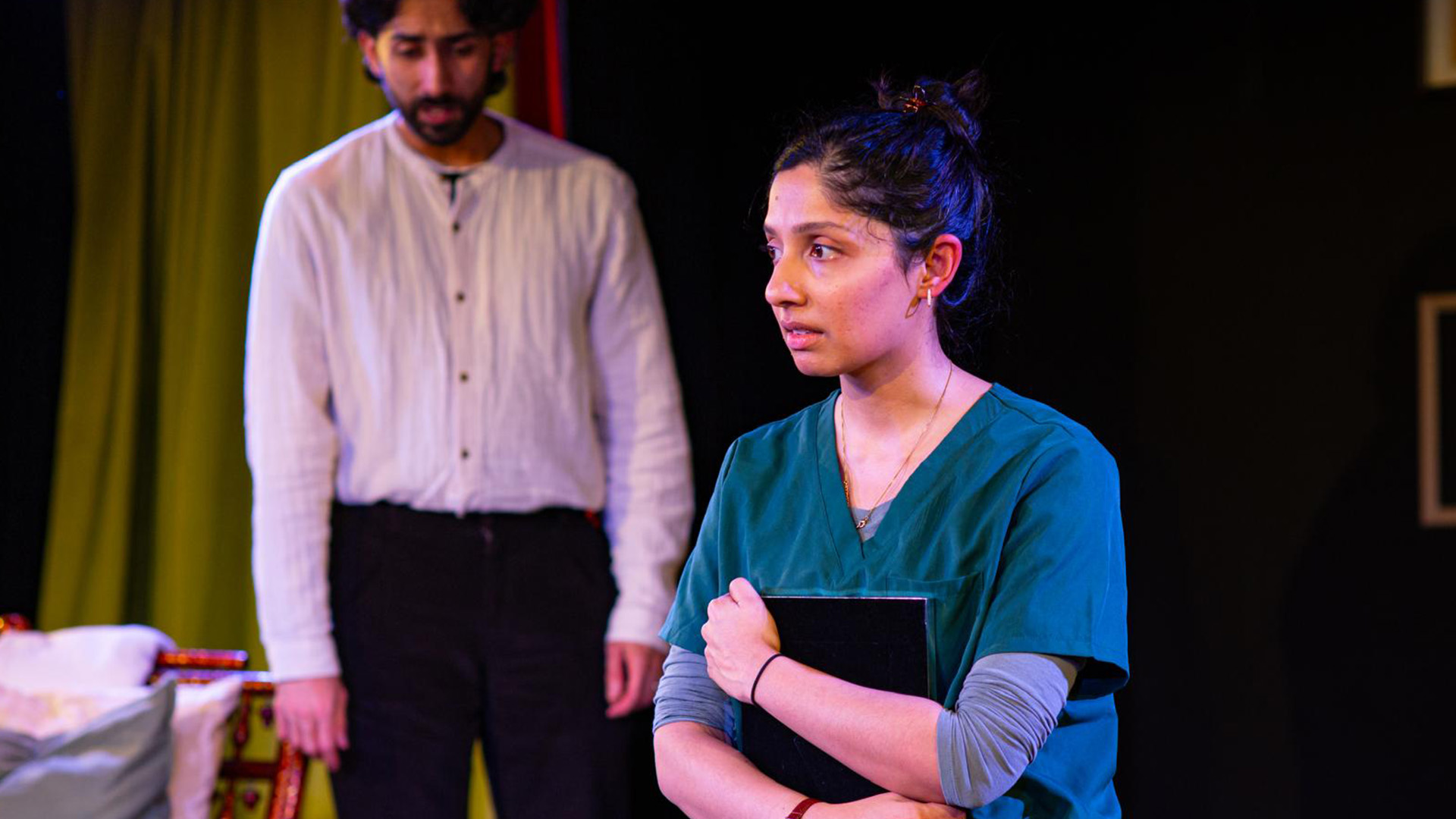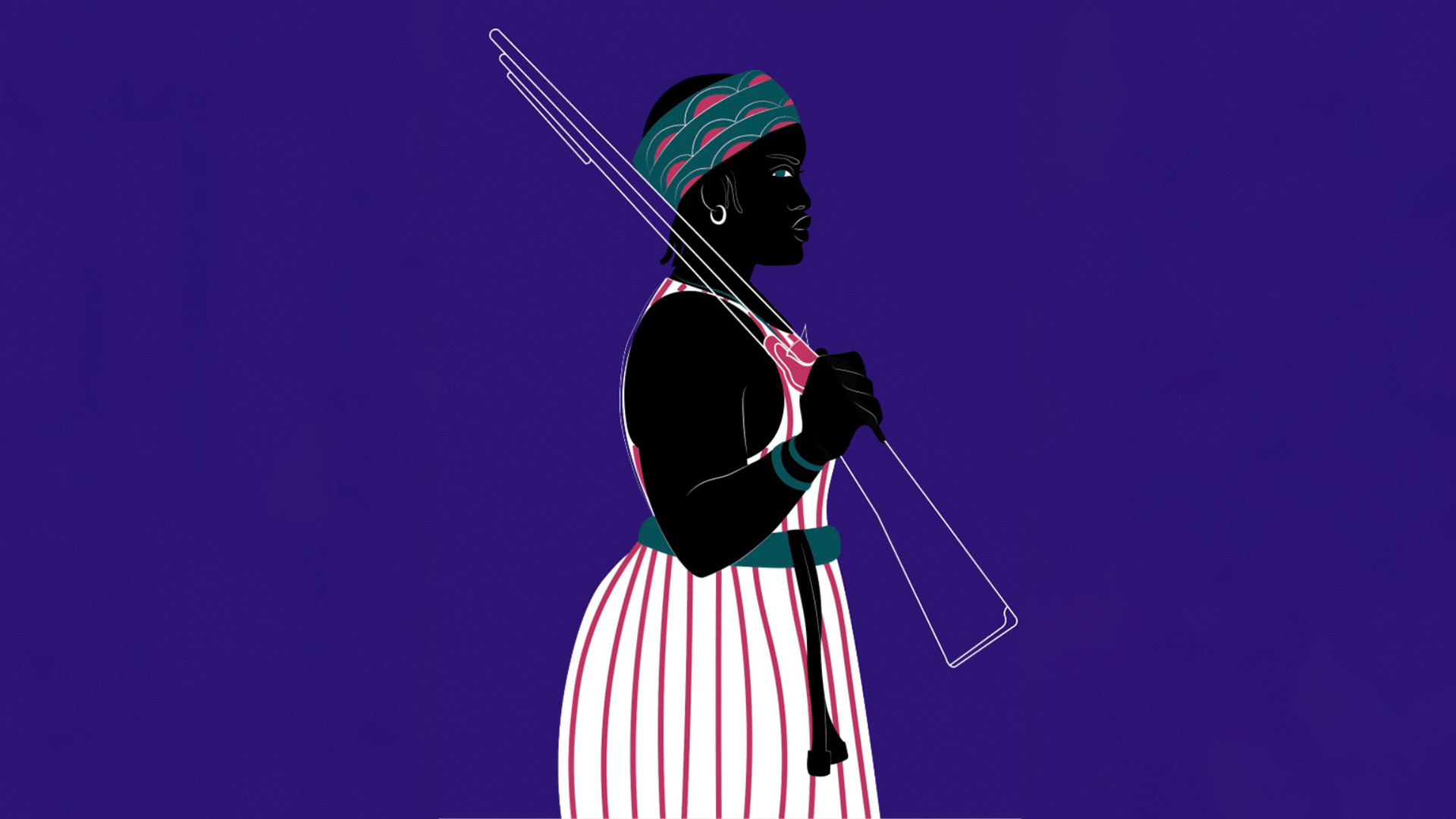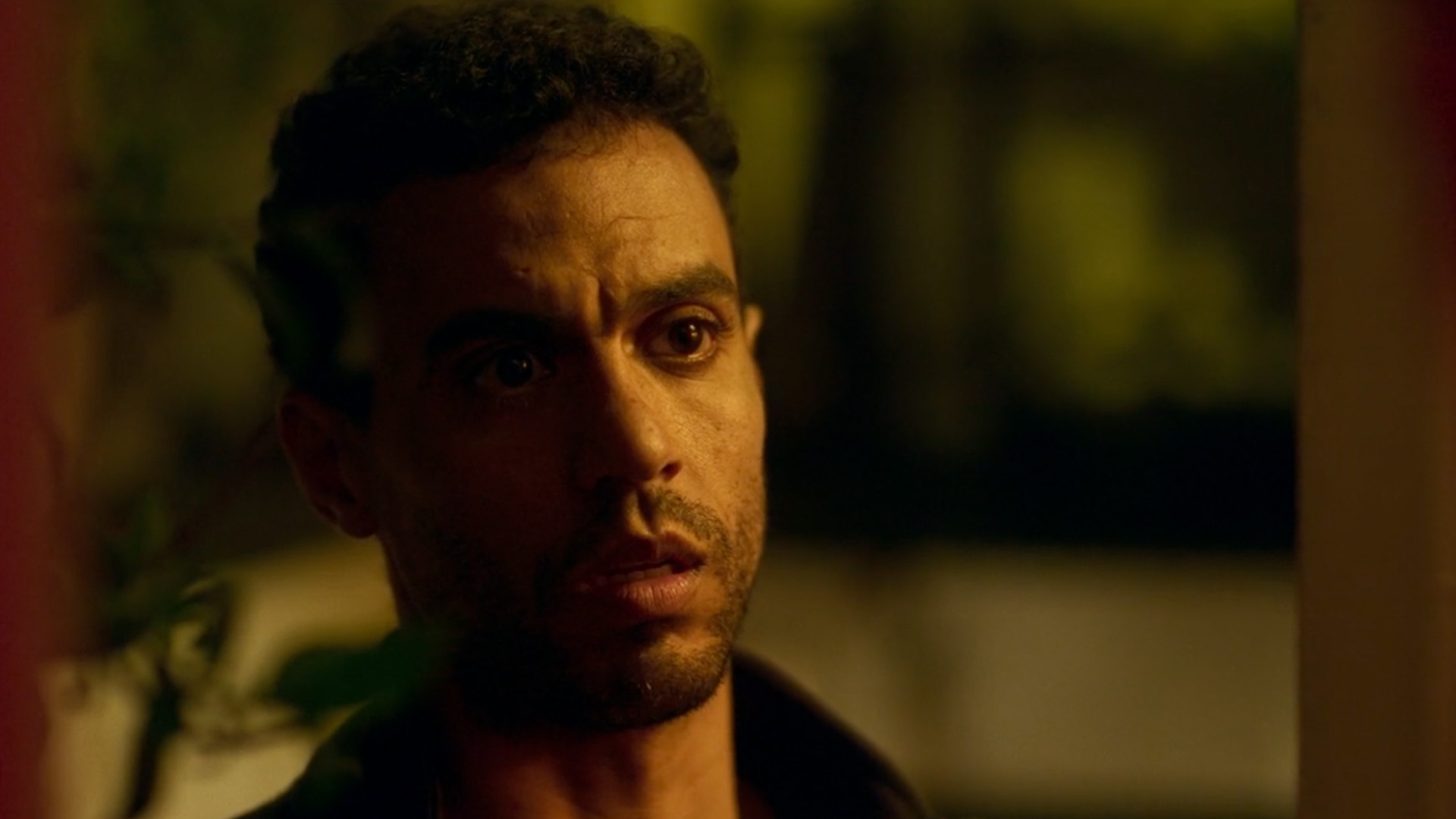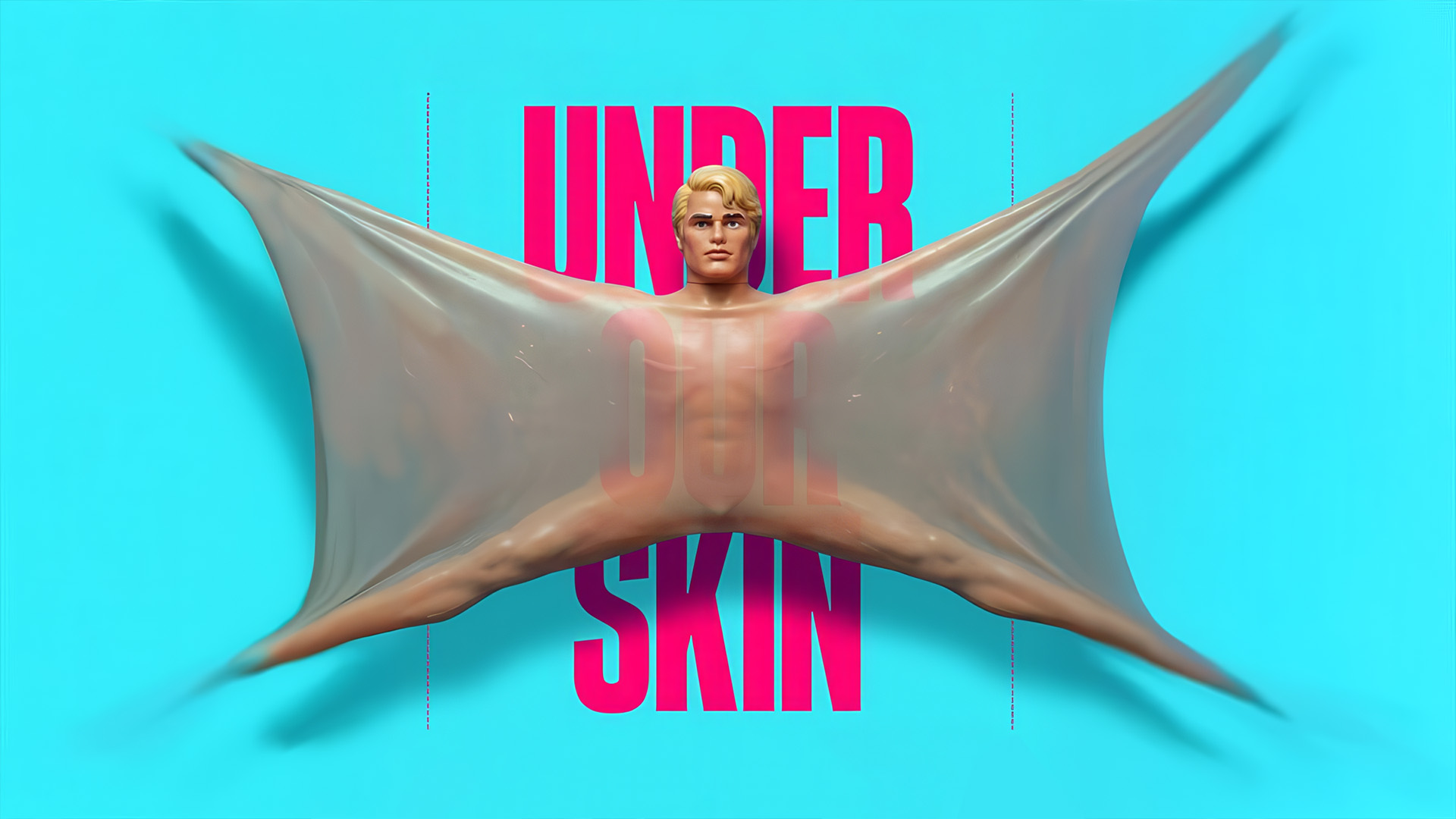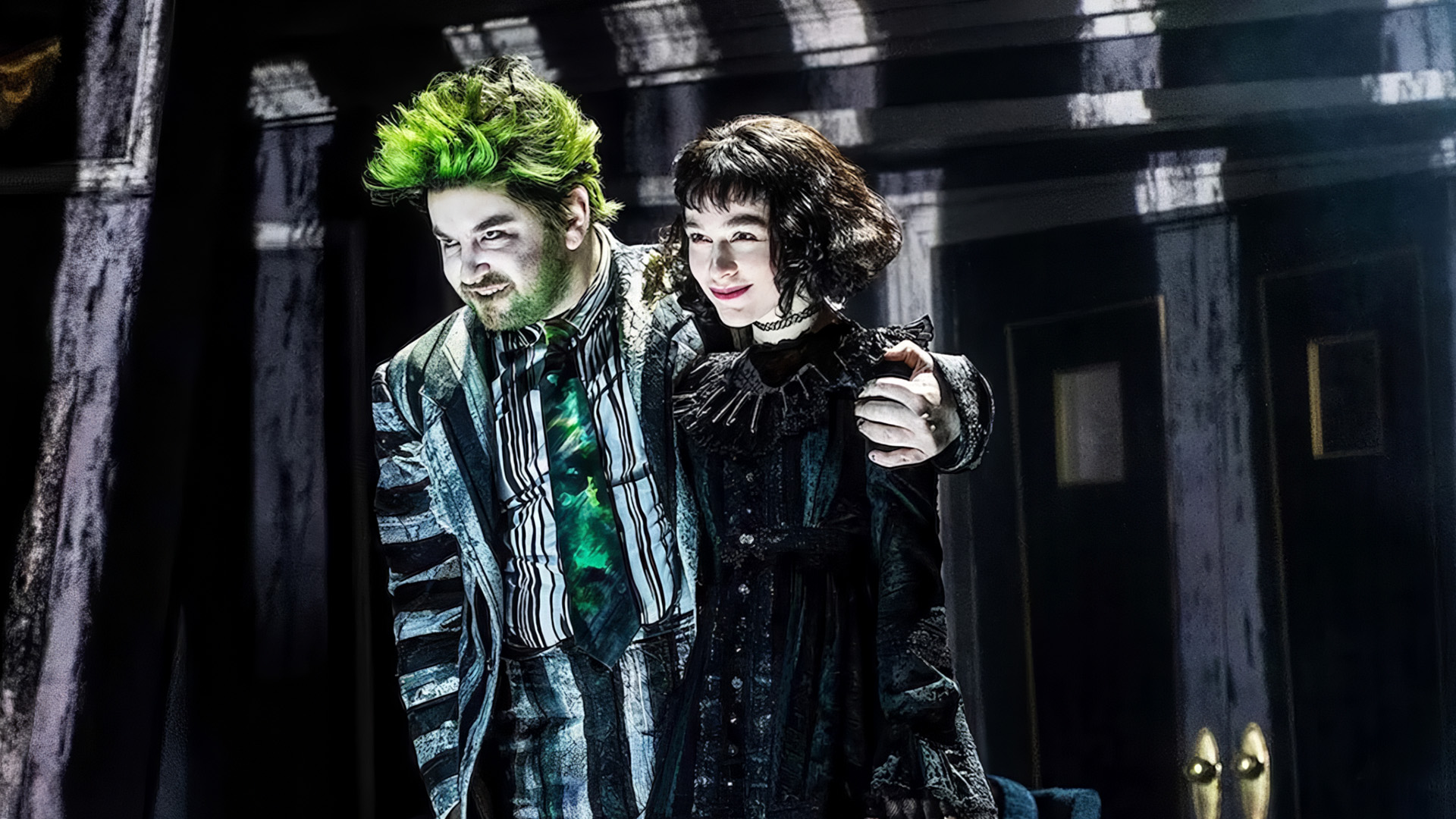Lesbian Space Princess review: queer animation at wild new heights
An irreverent and heartfelt sci fi comedy, Lesbian Space Princess mixes absurd humour with tender self discovery and lands on a strong four stars.
Lesbian Space Princess review: queer animation at wild new heights

There is nothing subtle about Lesbian Space Princess and that is its greatest charm. Emma Hough Hobbs and Leela Varghese, working on what press notes call a near impossible budget, spin out a candy coloured galaxy where queerness is not explained or defended but simply the natural order. Clitopolis, the lesbian utopia at its centre, is painted in pinks and purples that recall Adventure Time and The Midnight Gospel, with characters designed in a rougher, indie style that makes the film feel handmade and alive.
Saira, voiced with both humour and fragility by Shabana Azeez, is the so called most boring royal in gay space. She is a princess riddled with self doubt. Dumped by her daredevil girlfriend Kiki, played by Bernie Van Tiel, after only two weeks, she is already nursing a scrapbook of forever fantasies when her ex is suddenly kidnapped. The culprits are the Straight White Maliens, rectangular incels who train in a mancave, practice their mansplaining, and rage about their failure to attract women. Their ransom demand is Saira’s labrys, a mythical weapon she has never been able to summon. Saving Kiki means not just stepping into straight space but finding faith in herself.
What follows is a collision of influences. There are echoes of Sailor Moon in the magical girl iconography, Scott Pilgrim vs. the World in the ex rescue plot, even a touch of Wallace and Gromit in the layering of background gags. Visual jokes hide in every frame, from DVD spines titled Raiders of the Lost Dyke to a planet described as famously hard to find unless you know what you are doing. Subtle it is not, but that excess is what keeps it buoyant.

The Problematic Ship, voiced by Richard Roxburgh, could have been a one note gag. Instead, it develops into one of the funniest characters, its pompous voice softening as it slowly learns to be vulnerable. Willow, played by Gemma Chua Tran, a non binary goth songwriter, adds another texture. Their acoustic songs bring a lighter tone, and one riff even nods to Buffy’s “Under Your Spell,” a detail sharp eyed fans will not miss. The film’s cameos also underline its queer credentials, from Reuben Kaye popping up at the border between straight and gay space to Drag Race favourite Kween Kong, who appears as a fierce drag queen named Blade.
For all its chaotic humour including literal dancing genitalia and a giant phallic robot firing obscene projectiles, the heart of the film lies in Saira’s inner world. Her anxiety takes the form of a looming shadow, animated with more depth and weight than the surrounding comedy. These darker sequences are among the most striking, showing how animation can turn internal struggles into physical presence. Azeez’s vocal performance anchors it, finding notes of fragility beneath the jokes. What is radical is that none of this turmoil is tied to her sexuality. In this universe, being queer is the norm. The drama comes instead from family pressure, relationships that burn too quickly, and the long climb to self acceptance.
The world of Clitopolis is filled with satire of queer dating too. Relationships flare up at light speed, sex is great, and almost instantly one woman friendzones the other. It is a playful counter to the slow burn romances of sapphic period dramas. The film pushes against those tropes with camp exuberance, revelling in the intensity and absurdity of next gen lesbian relationships.

Music threads through the chaos. From the tongue in cheek opening of Ed Sheeran busking in outer space to the indie folk interludes performed by Willow, the songs add respite from the breakneck humour. They are wistful, sometimes melancholy, and hint at the emotional core beneath the jokes. It is this balance, brash comedy offset by sudden tenderness, that makes the film more than just a novelty.
Not everything works. Some of the satire aimed at toxic masculinity is too obvious, and the Maliens, while funny, sometimes flatten into the very stereotypes they parody. The sheer barrage of jokes means not all of them land. But even when the humour misses, the invention of the world keeps the pace alive. There is always another gag waiting in the corner of the frame.
The context matters too. Lesbian Space Princess has been carving its way through the festival circuit since its world premiere at Berlinale, where it won the Teddy Award and took second place in the Panorama Audience Award. It went on to win the Audience Award at Sydney, the Grand Prize at the Octopus Film Festival in Poland, and competed at Annecy in the Contrechamp section. The recognition shows that what might have been dismissed as a cult curiosity has struck a much broader chord.

By the time Saira reaches her own small victory, the film has already won us over. It may stumble in places, but it feels alive and original. A strong four stars.
You can catch Lesbian Space Princess later this autumn at Encounters Film Festival in Bristol on 25 September, Iris Prize LGBTQ+ Film Festival in Cardiff on 17 October, FilmBath Festival on 24 October, and at NewFest in New York City from 23 to 28 October.
Suggested Stories:
Our feature on NewFest37, where sapphic shorts and dyke dramas light up New York
Our look at Queer 70s at the Barbican, tracing lesbian cinema after Stonewall
Our review of Manok, a Filipino drama centred on family, faith, and queer desire
Our report from Cannes 2025, where queer stories brought the real heart to the festival

Get weekly updates
.png)
Join Our Newsletter
Get a weekly selection of curated articles from our editorial team.




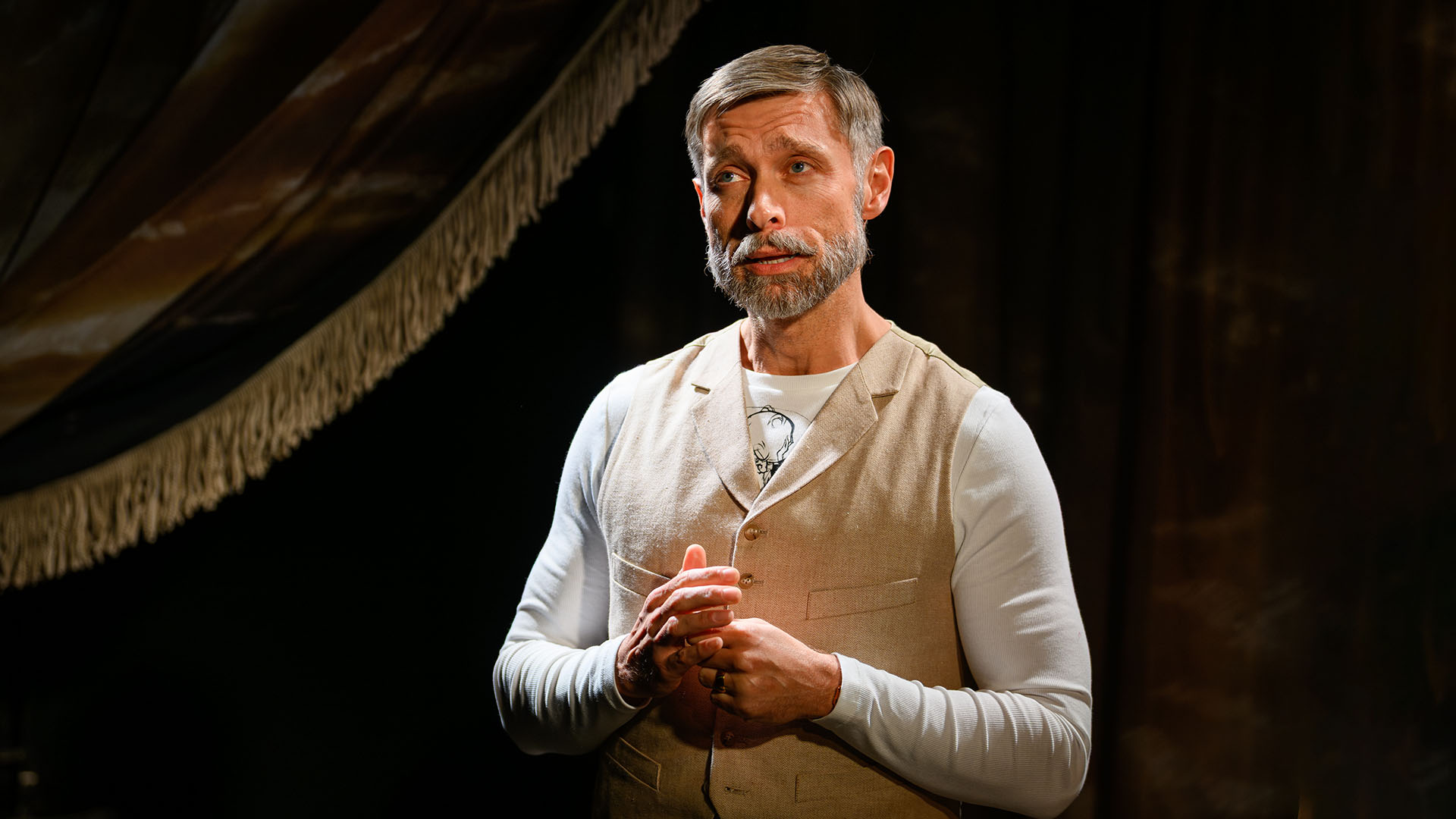
.svg)


